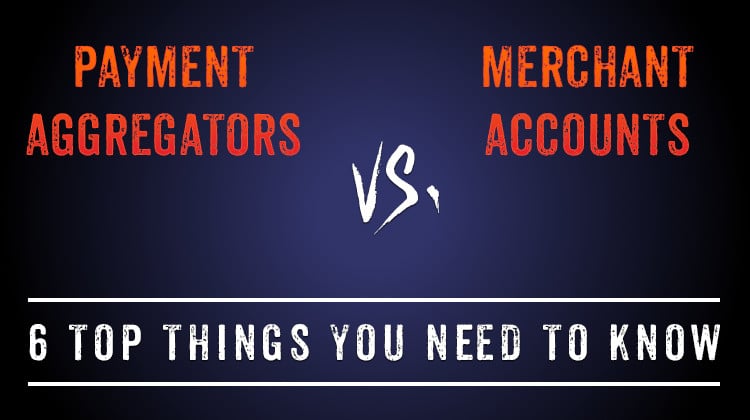Table of Contents
Want to accept payment cards from your customers, but don't know where to start?
Maybe you have processing for your office, but need to accept payments for other initiatives?
Many Chiropractic business owners often find themselves asking what's the difference between a “merchant account” and something like PayPal?
The short answer is, while they might seem identical… there are distinct differences – and distinct advantages – to a merchant account.
To start with, a merchant account is a type of bank account a business establishes with a merchant processor. Merchant processors, like e-onlinedata or PowerPay, allow you to accept credit and debit cards, electronic gift cards and corporate cards in a secure, real-time environment. Funds are settled through a “card association” (e.g., MasterCard or Visa) and deposited into your business checking account. Your business typically receives your funds within one to three business days.
The services of a merchant processor also include handling adjustments, chargeback processing, merchant billing and account activity reporting.
In contrast, PayPal is known as a payment aggregator or a third-party processor. It allows businesses that don’t have their own merchant accounts to take payments from their customers. Essentially, the business pays the third-party processor to use the processor’s merchant account to accept card payments. So far, so good, right? Although it may seem like a good idea and an easy solution to sign up with a third-party processor, there are, however, inherent benefits to a merchant account established with a merchant processor.
Here are six benefits to consider:
Flexibility
When you have your own merchant account, flexibility can be built into the contract with regard to the amount of transactions that are processed. A payment aggregator (like PayPal) has specific restrictions on processing volumes and may suspend your account if the processing volume goes beyond those limitations. Once the account is suspended, the business is unable to accept payment cards from customers.
Understanding
When you work with a merchant processor, you are receiving products and services from a payment company that truly understands your business type, develops a relationship with you and your staff, and has in-depth, intuitive knowledge about how you process payments. It’s a business partnership in which the processor is working with you, supporting your business’ growth and keeping your money safe and accessible.
Direct Deposit
Business owners require access to the money they’ve processed on card transactions as soon as possible. That’s exactly what they get with a merchant account: funds are deposited into the business’ bank account within two business days. That’s not the case with third-party processors. Typically they hold the money longer – sometimes up to 14 days – and it’s the responsibility of the business owner to manually move the funds into his or her own bank account.
Cost
A merchant account comes with customized pricing based on the amount of transactions the business does and the type of payment cards accepted. Payment aggregators, such as PayPal, can charge significantly higher for the use of their merchant account since they are assuming the risk of processing the transactions.
Seamless Online Payments
With an eCommerce website, using a merchant account allows the business to keep the payment screen on the same domain and control the look and feel of the entire payment process. Not so with a payment aggregator. The customer is taken to a completely different website to make a payment. The business owner has no control over what the third-party processor’s website looks like or the customer experience at checkout, both of which can lead to a negative impact on your business.
Support
A merchant account cuts out the middleman. You get one dedicated point of contact for all your questions and concerns, and support comes from a real person – not a website forum. When you partner with a merchant processor you can expect exceptional service and support, quite often at any hour of the day. Merchant processors also list their contact information on their websites and encourage their customers to call with questions.
CONCLUSION
Check out PowerPay

